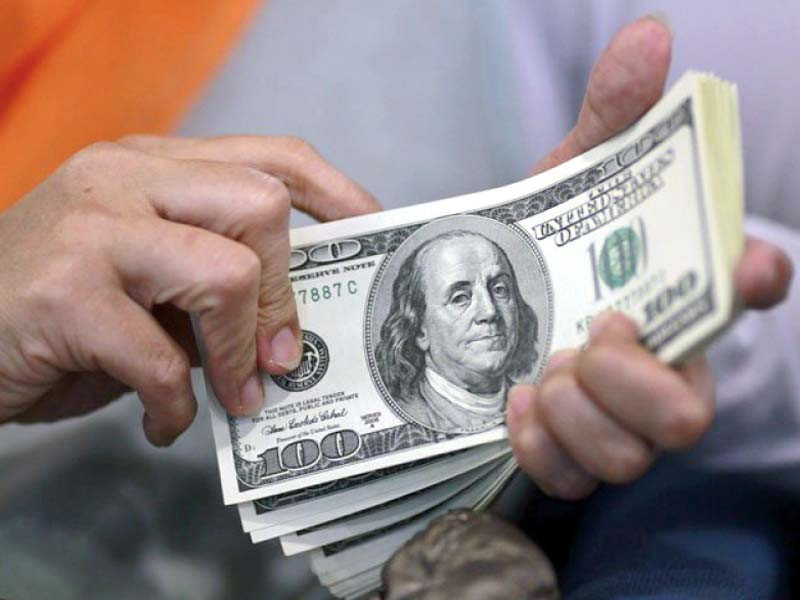LAHORE:
Foreign remittance service providers have voiced optimism that Pakistan’s remittances can surpass $50 billion per annum, if authorities restrain the black market, which they believe constitutes nearly 80% of the total market.
They point out the black market or illegal ways of sending remittances, commonly known as Hundi and Hawala in Pakistan, are a global phenomenon. As per World Bank’s report, around $624 billion is remitted every year. Apart of that, another 80% of this amount is sent through illegal channels.
Pakistan is not an exception. Currently, a huge chunk of remittances flows through Hundi and Hawala networks.
“One of the primary reasons is the huge gap between open market and inter-bank rates, which now have a difference of more than Rs20 per dollar; such a huge gap always encourages illegal networks,” remarked ACE Money Transfer Executive Head of Finance Naqqash Hafiz.
Speaking to The Express Tribune, Hafiz estimated that remittances to Pakistan would likely remain around $26 billion to $27 billion in the current fiscal year.
A key reason for the decline in annual remittances was the wide difference between rupee-dollar exchange rates in inter-bank and open markets, he added.
Pakistan received $31.2 billion in remittances in fiscal year 2021-22. Many believe the figure should rise at a steady pace since more than 10 million Pakistanis live overseas, of which 65% regularly send money back to their home country.
However, Hafiz pointed out that global inflation, coupled with local political and economic conditions, had slowed down the pace of remittances.
“Many expats, who used to send money for investment, have held back and are waiting for the right time to invest, while others have stopped investing in assets like real estate and are opting for foreign currencies as their preferred investment destination, which have given around 33% profit in a year,” he revealed.
His company has recorded a decline in average remittances coming from the UK, European Union and Australia.
“Six months ago, an expat used to send between $400 and $450; the average has now dropped to $325-350,” Hafiz said, adding that the receiver in Pakistan was still getting the same amount of money due to a sharp increase in dollar rates.
He emphasised that remittances were one of the major pillars supporting the economy and Pakistan could not afford to lose them. “Previously, Pakistan Remittance Initiative (PRI) was helping increase the flow of remittances but now this initiative is losing steam.”
Minimum difference in open market and inter-bank rates encourages the expats to send money through legal channels.
“A couple of months ago when the gap between the two markets was only around Re1, we recorded a 25% increase in our business. We also observed that on average an expat sent $100 extra,” Hafiz said.
It is time for government authorities to intervene and minimise the exchange rate gap, so people may start sending money through legal channels once again.
“We believe Pakistan can increase remittance up to $50 billion in the coming years through streamlining processes and providing incentives via the PRI.”
Published in The Express Tribune, May 28th, 2023.
Like Business on Facebook, follow @TribuneBiz on Twitter to stay informed and join in the conversation.















































